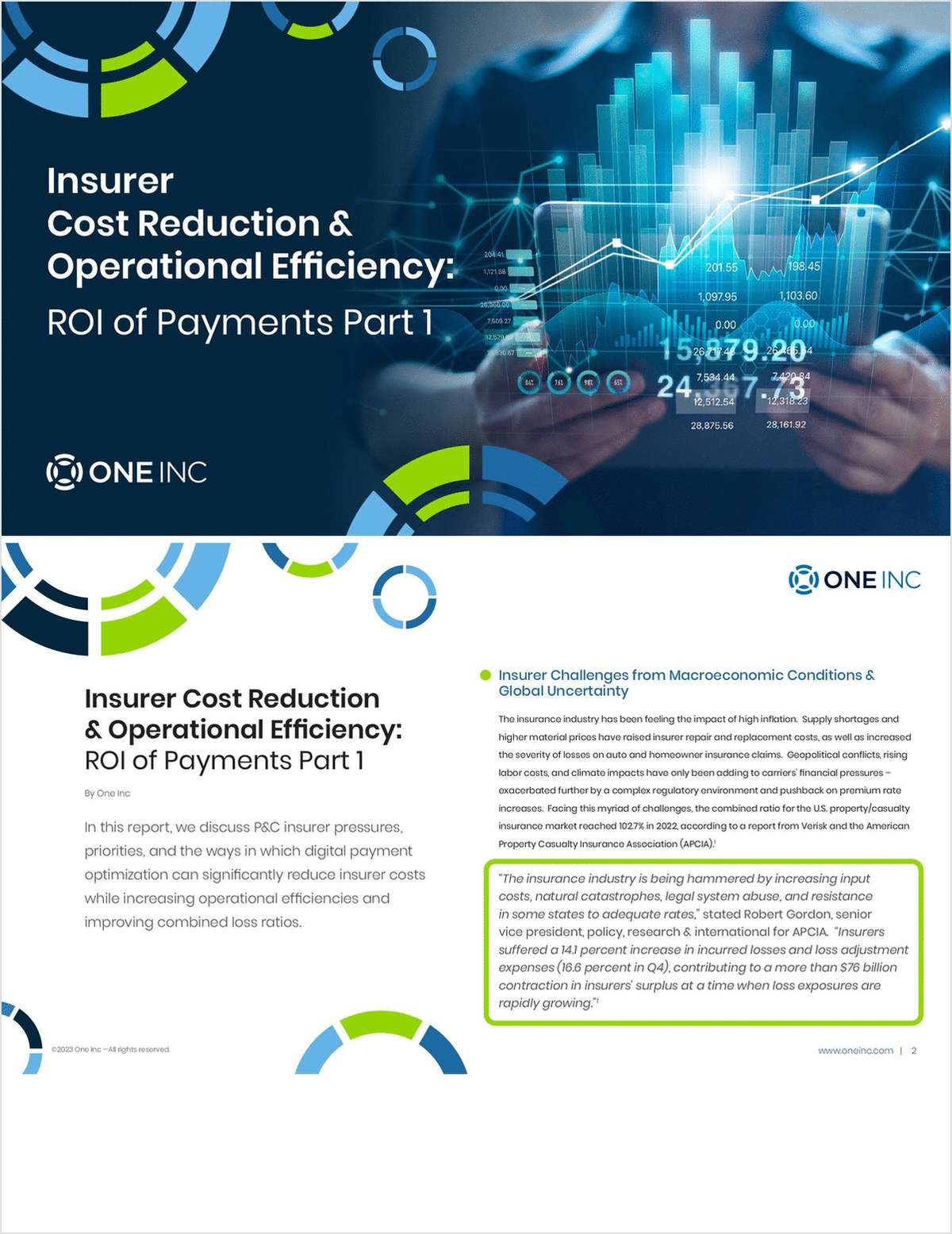Direct insurance regulation is likely to remain a state rather than federal function, Illinois Insurance Director Michael McRaith predicts.
"State insurance regulation is under attack, but an optional federal charter won't happen," Mr. McRaith said in his recent keynote address here at the National African-American Insurance Association's annual conference.
Mr. McRaith admitted that in handling interstate licensing–which he characterized as a frequently burdensome and duplicative process–state regulators "could do it better." But he defended the state regulatory system as making the most sense for a product that is designed and sold to address a local need.
He said proposed legislation in Congress to create optional federal charters allowing insurers to select between state or federal regulation would not work because of the inevitable conflicts that would arise when multiple regulators examine insurance products using multiple standards.
Mr. McRaith said insurance is too unique and personal to be lumped in with other financial products–a fact recognized as far back as the Roosevelt administration, which "never touched insurance" amidst the mass, nationwide failure of banks. Insurance was recognized as a local product not traded on any public exchange, he added.
The 1945 passage of the McCarran-Ferguson Act–permitting state regulation of insurance and granting insurance a federal antitrust exemption–further solidified insurance as a product best regulated at the state level, he said.
Other current efforts to involve the federal government in insurance operations could have larger, more serious implications for economic recovery, he warned.
Especially troublesome, he said, is the proposed "resolution authority" legislation that would enable the federal government to supersede all other authorities in the takeover of a failing, systemically risky business.
"This is a concern because if you're an investor, you don't want to put capital into a company that could go to the government, so you'd potentially lose access to that capital," Mr. McRaith explained.
On federal limitation of executive compensation, he agreed that although this made sense for those at companies that took TARP money, "executive compensation is a matter of corporate governance" and should be determined by the "commercial democracy" of a company's shareholders and board of directors.
Mr. McRaith, who chairs the Property-Casualty Insurance Committee at the National Association of Insurance Commissioners, also discussed credit-based insurance scoring–a process that has been criticized for giving disproportionately negative scores to minorities and low-income groups.
Mr. McRaith said that if insurers are going to continue the practice, there needs to be more transparency around the data they use to determine the scores, rather than the "rhetoric" which too often marks both sides of the discussion.
Laura Mazzuca Toops is editor of American Agent & Broker, part of Summit Business Media's P&C Magazine Group, which includes National Underwriter.
Want to continue reading?
Become a Free PropertyCasualty360 Digital Reader
Your access to unlimited PropertyCasualty360 content isn’t changing.
Once you are an ALM digital member, you’ll receive:
- Breaking insurance news and analysis, on-site and via our newsletters and custom alerts
- Weekly Insurance Speak podcast featuring exclusive interviews with industry leaders
- Educational webcasts, white papers, and ebooks from industry thought leaders
- Critical converage of the employee benefits and financial advisory markets on our other ALM sites, BenefitsPRO and ThinkAdvisor
Already have an account? Sign In Now
© 2024 ALM Global, LLC, All Rights Reserved. Request academic re-use from www.copyright.com. All other uses, submit a request to [email protected]. For more information visit Asset & Logo Licensing.








